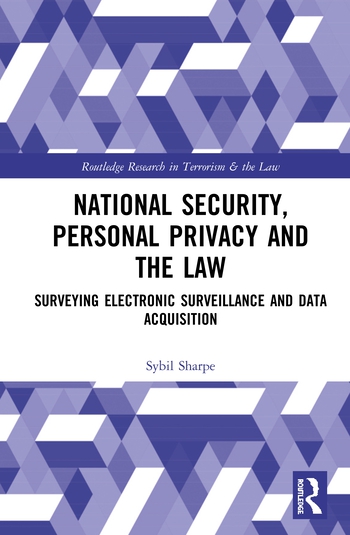In a recent case filed in the United States District Court for the District of New Jersey, the plaintiff alleged that the defendant alarm company violated the New Jersey Consumer Fraud Act by failing to provide the promised alarm protection. The defendant alarm company filed a motion for summary judgment requesting that the action be dismissed.
The plaintiffs alleged that the alarm company misrepresented the equipment to be included in their residential security system by promising the same system previously installed in plaintiff’s business and that a crucial shortcoming — the lack of a sound discriminator — in the system allowed burglars to break into their home, assault them, damage property and steal their valuables. The defendant contended that it installed the exact security system the plaintiff negotiated and contracted. At the time the proposal was made, defendant’s representative concluded the proposal with a “System Overview” explaining that the security/fire system would expand the plaintiff’s home protection from the current two zones to over 20 zones individually annunciated.
The plaintiff’s wife reviewed the Residence Proposal details and made handwritten notes regarding additional equipment, installation cost, the monitoring service and a negotiated parts guarantee. Following this discussion, the plaintiffs executed the contract for the security and fire alarm services at their home.
Nearly 15 years after that, burglars broke into the plaintiff’s home by smashing through a sliding glass door. No signal was sent to the alarm company monitoring station, as the plaintiff had not alarmed the alarm system when she arrived at home prior to the burglar’s entry.
The court dismissed each of the counts filed by the plaintiffs except the fourth count which was “Violations of the New Jersey Consumer Fraud Act.” The defendant alarm company then filed its motion for summary judgment.
The New Jersey Consumer Fraud Act is designed to promote the disclosure of relevant information to enable consumers to make intelligent decisions in the selection of product and services.
The court pointed out that the plaintiffs did not demonstrate that the alleged misrepresentation was material. A statement is material if (a) a reasonable person would attach importance to its existence in determining a choice of action, or (b) the maker of the representation knows that its recipient regards the matter as important in determining his choice of action, although a reasonable man would not so regard it. Idle comments or mere puffery, are not material because reasonable consumers do not rely on puffery.
The court determined the alarm company’s statement that it would provide the same system in plaintiff’s residence that it had installed in plaintiff’s business was not puffery. A statement that two security systems are the same is verifiable as a fact or assertion. The court noted, however, that this factual verifiability depends upon a common understanding of the term “system,” which in the context of the Residence Proposal was ambiguous. It was unclear whether it is most properly understood as the base control panel model or the entirety of all installed equipment.
The court then went on to say that the record is barren of any proof that plaintiffs believed that receiving the same security system, or, by implication, a sound discriminator, in their home as they did in the jewelry store was material to their decision making. The plaintiffs specifically reviewed the Residence Proposal’s itemized equipment, which did not include a sound discriminator, and engaged with the document enough to negotiate additional equipment and cost before agreeing to the terms of the contract.
Therefore the plaintiffs could not establish unlawful conduct, and the alarm company’s motion for summary judgment was granted.
Readers Ask
Q: I am an alarm company and on occasion I install a dummy camera with a sign that says these premises are protected by a surveillance camera or that you are presently under surveillance, or words to that effect. Obviously this is not a working camera and it is used solely for purposes of deterring any possible intrusion. One of my subscribers where we installed a dummy camera, was recently broken into. No claim has been made against me, but is there any exposure from the subscriber to the effect that the camera was not working and he thought he was protected?
To ask Les Gold a question, e-mail sdm@bnpmedia.com.
A: The answer is fairly simple. If, in fact, you have a dummy camera, make certain that this is clearly set out in your agreement with your subscriber so there is no misunderstanding between you and your subscriber as to the fact that the camera is placed there to discourage potential intruders and that the camera will not identify an intruder or operate in the event there is an intruder. This is strictly a question of communications between you and your client. If, in fact, the subscriber feels that there is a working camera, then you could have exposure. Just make sure he understands fully the purpose of the dummy camera.







